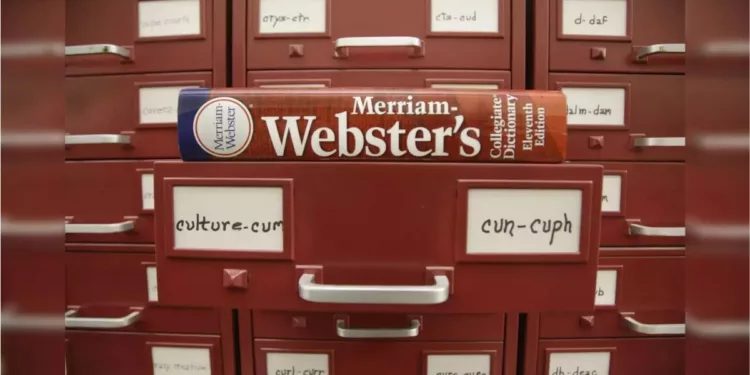Merriam-Webster’s selection of “authentic” as the word of the year for 2023 signifies a growing preoccupation with truth and genuineness in contemporary discourse. The world’s multifaceted meaning, encompassing notions of being true, genuine, and aligned with one’s core self, has drawn increased attention amid discussions surrounding generative AI, celebrity culture, identity, and the influence of social media. With a surge in searches for its definition, “authentic” has become pivotal in conversations about truthfulness, identity expression, and cultural references like cuisine.
The concept of authenticity resonates across various spheres, finding favor among notable figures like singers Lainey Wilson, Sam Smith, Taylor Swift, and even entrepreneur Elon Musk, who emphasized the importance of authenticity in social media interactions. However, this notion clashed somewhat when Musk, in his role at Twitter (now X), altered the platform’s verification process, leading to debates about authenticity’s commodification.
The emergence of artificial intelligence has blurred the distinction between reality and fabrication, prompting heightened efforts by individuals, brands, and influencers to assert their authenticity. Concurrently, the related term “deepfake,” denoting convincingly manipulated images or recordings to fabricate false narratives, gained significant attention. This was exemplified in incidents involving Elon Musk’s legal dispute over potential deep fakes misrepresenting his statements and the circulation of deep fake images purportedly depicting former President Donald Trump’s dramatic arrest.
In 2022, Merriam-Webster spotlighted “gaslighting” as the word of the year amid the pervasive influence of misinformation. The ongoing quest for authenticity is mirrored in other frequently searched terms like “coronation,” “dystopian,” “indict,” and “doppelgänger,” each reflecting contemporary societal concerns.
Moreover, the evolving nature of language is evident in the addition of internet-driven slang like “rizz” to the dictionary. Defined as both a noun and a verb, “rizz” encapsulates notions of romantic charm and seduction, exemplifying how language continues to adapt to evolving cultural contexts.
Merriam-Webster’s selection of “authentic” as the word of the year underscores society’s current fixation on truth, identity, and the challenges posed by technological advancements. In this evolving landscape, language reflects and shapes our understanding of these complex dynamics, capturing the essence of our times through words that encapsulate our collective concerns and aspirations.
Must Read: Google DeepMind Chief Urges Equal Focus on AI Risk and Climate Crisis


















